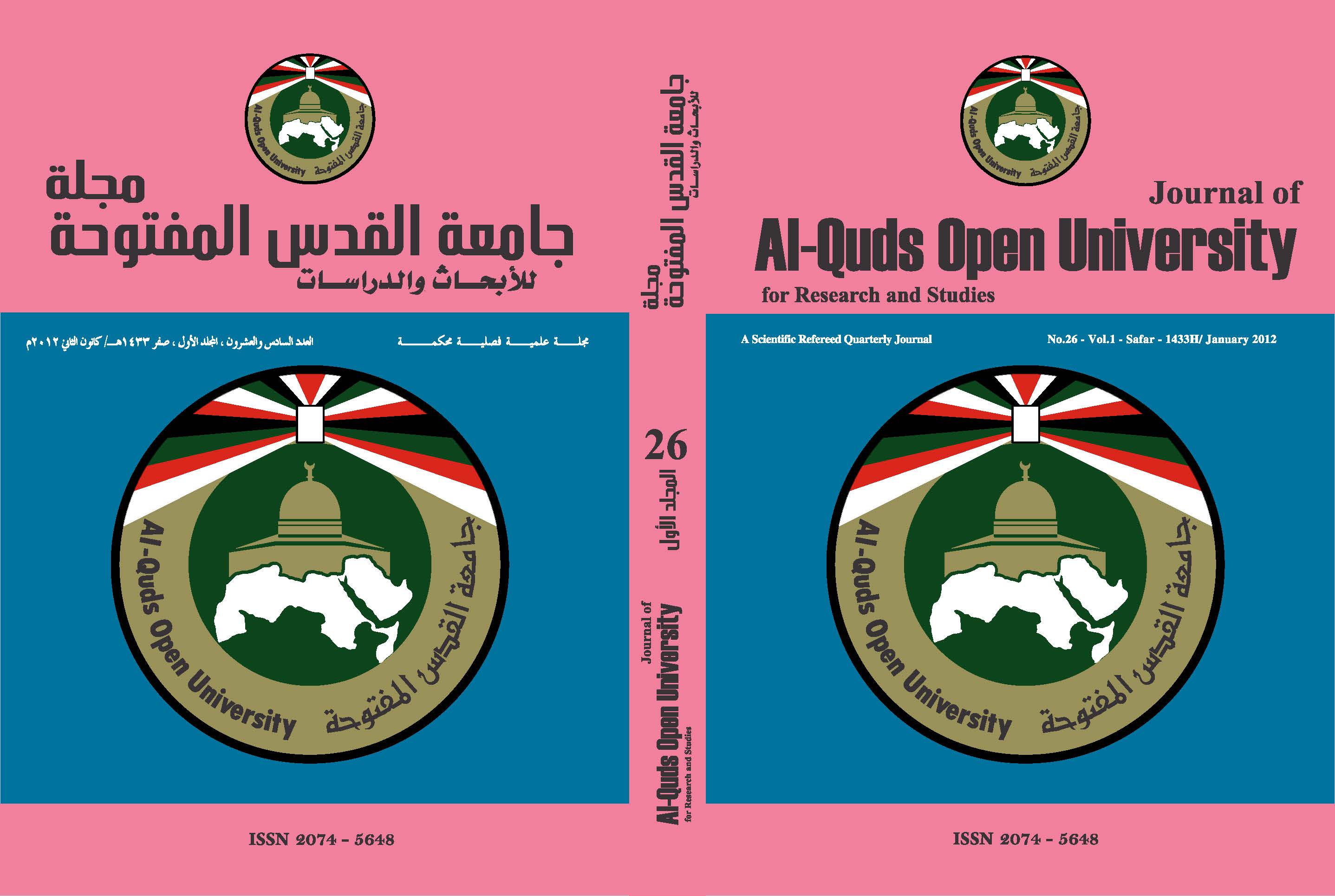Measuring Banks Efficiency through Using Stochastic Cost Frontier Model: Algerian Banks as a Study Case in the Period of 2004-2008 A.D.
Keywords:
Bank Efficiency، Stochastic Cost Frontier Analysis، Algerian Banks, 2004-2008 A.D.,Abstract
The prevalence of globalization phenomenon had far- reaching effects
on various economic activities، as a lot of challenges especially to Banking
activities. So a strong banking system capable of mobilizing and allocating
financial resources efficiently to serve the development objectives and reduce
risks becomes urgent، This study is trying to measure Algerian bank efficiency،
by use the quantitative approach of stochastic cost frontier model to estimate
the translog cost function of a sample of banks during the period (2004- 2008)
to measure the elasticities of substitution and input price elasticities and the
scale and scope efficiency in those banks.
This study concluded that Algerian Banks have substitutability between
production elements، however، those banks can’t dominate their costs، that had
led to a failure in their scale economies that hinders the it ability to expand
in future it is found that those banks have a scope economies of varying their
products. Moreover، the study concluded that the five public banks are less
profitable than Algerian Baraka Bank.
Downloads
Published
How to Cite
Issue
Section
License
- The editorial board confirms its commitment to the intellectual property rights
- Researchers also have to commit to the intellectual property rights.
- The research copyrights and publication are owned by the Journal once the researcher is notified about the approval of the paper. The scientific materials published or approved for publishing in the Journal should not be republished unless a written acknowledgment is obtained by the Deanship of Scientific Research.
- Research papers should not be published or republished unless a written acknowledgement is obtained from the Deanship of Scientific Research.
- The researcher has the right to accredit the research to himself, and to place his name on all the copies, editions and volumes published.
- The author has the right to request the accreditation of the published papers to himself.













_2.png)
_.png)
_2.png)
_1.png)
_.png)

